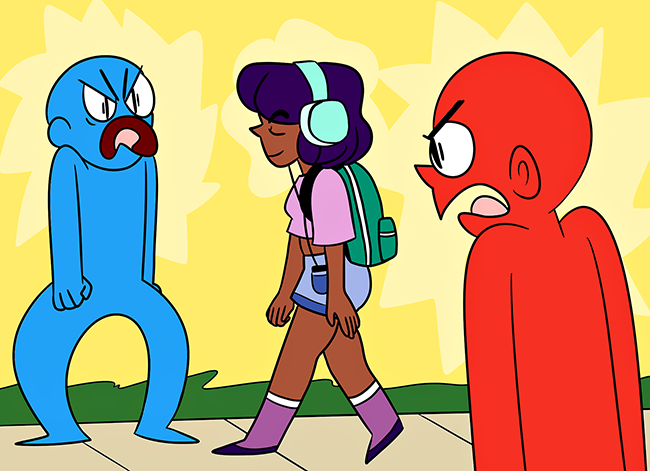The Iowa caucuses are around 194 days away, and the Texas primary is around 223 days away, which should leave many wondering why the presidential race seems to be in full swing at such a curiously early juncture. There seems to be little need to cover a nominating contest that starts close to a full year before the first vote is cast, especially for student voters.
The accelerated timetable of this presidential race seems to give the public little beyond fodder for blog posts. The first few months of campaigning consist of candidates engaging no one other than residents of Iowa and New Hampshire – and big donors.
And yet the news coverage of the candidates is unceasing. The news overflows with coverage of Donald Trump’s latest gaffe, Hillary Clinton’s emails and Jeb Bush’s fundraising totals. Very little of this coverage is substantive and even less of it is relevant to the capacity of the candidates to discharge the duties of the office of president.
This coverage led me to a question: are the six months of quasi-campaigning at all useful to students?
I argue no. Instead of interacting with voters beyond carefully staged campaign stops or working to engage students around the country, the candidates are doing little beyond crisscrossing the nation, raising money and making infrequent statements about their credibility as a candidate.
For instance, I am sure many Longhorns would be excited to learn that former Governor of Florida Jeb Bush will be in Austin in a little less than a month — but I suspect that they will be less excited when they learn the minimum cost to hear from Governor Bush is $500. Former Secretary of State Clinton has many similar fundraising events, as do other candidates.
So where is the conversation? The point of a presidential campaign is to generate dialogue and ideas so that Americans can make informed choices about who should lead this country. Ultimately, the accelerated timetable of the presidential election does little to further the essential goals of a democratic election. It chiefly serves to embarrass and weed out candidates, supply news organizations with headlines and pad the pocketbooks of candidates.
As the American electoral system becomes more and more tilted towards big money and courting donors, we can expect to hear less and less from the candidates themselves, especially early in the process. This is one of the purest examples of how our elections have become less about the American people and more about the horse race.
Fountain is a government senior from Pelham, New York.





















